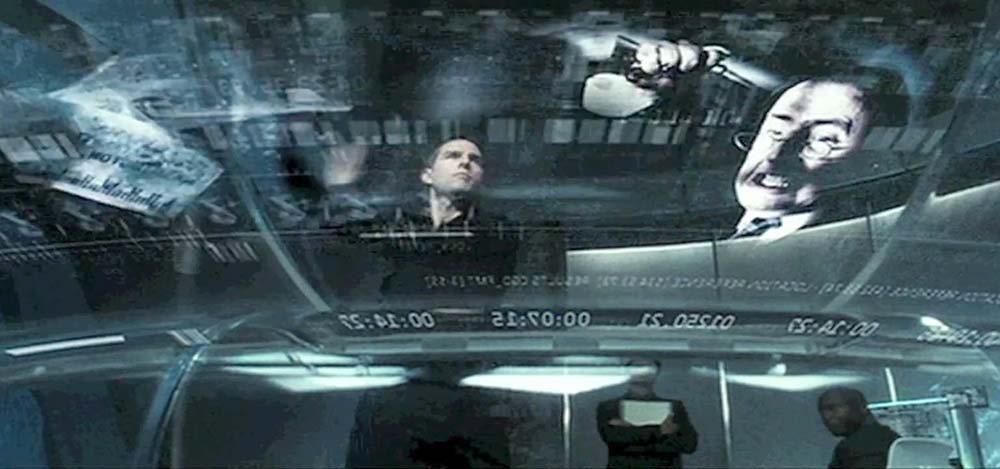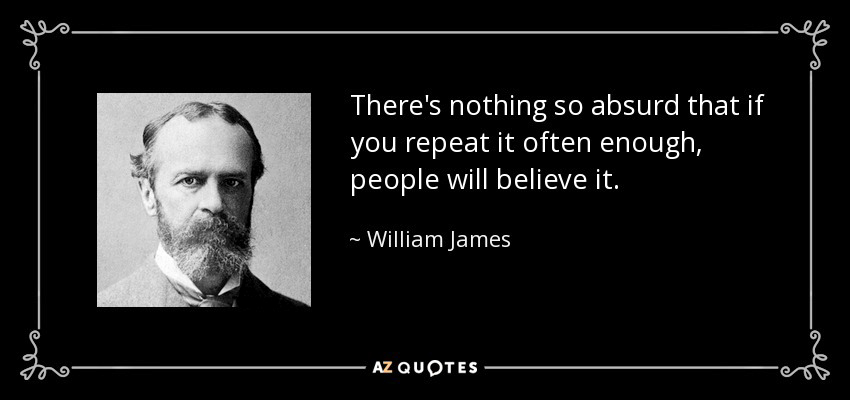
Mental Illness and Public Health, A Difficult Line to Draw
This post contains outdated information. I only remove harmful content and try to keep old posts visible, even if they're embarrassing. Thanks for considering this as you read.
(comment or contact me to request an update about its subject matter)
I believe that mental health should be included in how we manage public health, but I recognize how difficult it is to draw the line between public safety and government overreach.
I support the notion that we need to include mental illness into our work on public health and safety. Our actions immediately impact others in our immediate area. Our minds determine those actions. There is no escaping the need to maintain our health in our heads at least as much as we do for the rest of our bodies.
How exactly do we do that without creating sci-fi inspired thought police?
What is Mental Illness?
If we want to treat mental illness as a society, we’ll need as clear of a definition as possible first.
In the past, accusing people of being insane has been an easy way to abuse minorities, women, and the poor. Once you label someone as “mentally ill”, the social response is marginalization. We categorize them as people that we shouldn’t listen to, even in matters that affect them directly.
[This video has been removed from YouTube since this post was published: https://youtu.be/zG1o95oqkqI]
I’m going to outline a few scenarios where I (a completely unqualified judge) find it personally difficult to discern mental illness:
- Anti-vaxxers : No amount of scientific evidence will sway them from their false ideas. Their rhetoric is harmful to public health and safety. Insane, or a unique point of view we can co-exist with?
- Media Brainwashed : Every major media outlet has its own editorial agenda to push. Is it even possible for people to know which is real? When people take dangerous actions based on misinformation in the media, who is to blame? Are these people insane, or victims of manipulation?
- Conspiracy Theorists : Similar to the media brainwashed, these are highly impressionable people who simply trust different sources of misinformation.
- People Who Enjoy Durian : Undeniably insane, and anyone that’s stood next to an opened durian knows that it harms others.
- Religious Extremists : (see Anti-Vaxxers above)
That is why we need to be so careful when we attempt to define the term. In many cases, we can say nearly anyone has a mental illness if we were motivated and savvy enough to prove the case. And we rarely listen to experts when we make these decisions.
Who Decides When Someone is Mentally Ill?
Mental illness is a medical concept, and so it would seem self-evident that its definition should come from the medical profession and not from either legislators or judges.
Ohio State Law Journal (Winter 1960)
Legislators and judges aren’t the only ones that make these decisions either. All of us engage in social engineering every day, and mental illness is how we often label behaviors our society deems intolerable.
We gossip about celebrities being crazy because they wear an unconventional outfit at an awards show. We tell tired jokes along the lines of “don’t mess with me, I’m crazy” everywhere, especially Facebook. As soon as we hear about a violent incident, we immediately make assumptions about the motive of the perpetrator.
We didn’t know the Colorado Springs Planned Parenthood shooter’s motives until a couple of days later, but everyone on social media decided on their own long before that. All the explanations forwarded the speakers’ own agendas. Either he was “A mentally ill man in need of treatment”, or “A radical Christian domestic terrorist”, or “A pawn of Fox News”, or “A false flag attack aimed at making more people call for gun control”.
Regardless of who turned out to be right, we made all of these decisions before we had any evidence.
Now I could try to be a voice of group hugs and say that we shouldn’t do this, but everyone already knows that we shouldn’t. I don’t know about you all, but I’m pretty sure my parents didn’t invent phrases like “If you don’t have anything nice to say, don’t say anything at all”, “Those that live in glass houses shouldn’t throw stones”, and “Do unto others as you would have them do unto you.” We’ve been taught these lessons for several generations, but many of us ignore them. And I’m not one to fight human nature.
Instead, perhaps we should take it for granted. The moment someone enters (or gets pushed into) the spotlight, we will immediately observe people on social media deciding — with no evidence at all — if that person is sane. We should be ignoring these gossip mongers, whom only seek to be quick to judge and not to be prudent in judging. But then who do we give that authority to, if not legislators, judges, or mob rule?
Some might say doctors that specialize in psychology or sociology, and I’m inclined to agree. However, any doctor endowed with the incredible amount of power to decide what is sane or insane would be immediately politicized. Much like supreme court justices, these doctors’ decisions can play heavily into social engineering and create precedents that define our country’s philosophy for generations to come.
Consider the fact that homosexuality was once considered a mental illness. Today, many people are calling addiction a disease or mental illness. These are usually philosophical disputes, not medical ones. Differences in values or ethics. Scientific and medical experts had already come to a consensus on these subjects before they came to any recent public dialogue, but that dialogue still affects how we treat these behaviors.
I suggest we leave it to the Surgeon General. An appointed, but still political, role that requires a wide array of medical expertise. It’s a highly visible position as well, which would allow the public to see and make them accountable for their decisions.
When can we label someone mentally ill?
When do we, as a society, have the right to take away someone’s right to make — and be accountable for — their own decisions? This is where the tiny libertarian on my shoulder needs to chime in.
If we are going to allow people reduced consequences for crimes because they’re deemed unfit to make their own decisions… If we’re going to allow people to defy the last will and testaments of the deceased because a judge deems them posthumously unfit… If we want to continue doing these things, we also need to come to terms with what that means.
It means we are imprisoning or otherwise removing rights from people against their will because they disagree with us about reality. For anyone familiar with the term gaslighting, you can probably see why this is an important thing to talk about. Essentially, what interpretation of reality are we going to force on everyone we live with?
It’s entirely acceptable to do this, of course. Some people believe that murder is okay. We imprison those people when they make threats or attempts in line with that view. Either that or we elect them to office. There is plenty of precedent where we’ve outlawed ideas and things we deem as character flaws. That is how large-scale societies evolve their ideologies.
We don’t allow certain demographics (ex-convicts, the disabled, the homeless, among others) to vote, so what recourse would someone with a divergent point of view even have if they’re classified under one of these categories? How do we assess when a different point of view is harmful to society? How do we claim to support free speech at the same time?
We don’t want to live in fear of unpredictable, desperate people. That’s the point of all this talk about mental healthcare reform, right? Then we have to make sure that we aren’t creating more desperation, more marginalization, and more American citizens that we can’t rightfully call free.
Other Social Labels
There are other labels I wish we were more careful with, too. They are often slapped on individuals for complicated reasons, but we minimize all that complexity into a single word or phrase. And once we hear that someone has one of these labels, we immediately shut them down. We don’t give any credence to any of their words or actions.
- Criminal (Punishment or Rehabilitation?)
- Sex Offender (Ridiculous Reasons)
- Homeless (Rights to Exist?)
- Uneducated / Drop-Out (Stigma)
Each one of these labels gets assigned to people who don’t deserve it. Each one of them carries many assumptions. And based on what things look like today, they give us license to torture, ignore, and generally give up on them. I have friends that wear (or have worn) these labels, and none of them fit their generalizations.
Every net we trawl through our society in an attempt to separate less desirable personalities from the herd can catch unintended innocents. We have to be very careful with how we design those nets. Otherwise, our societal can of tuna will include more and more dolphins.


!["I'm that crazy girl that [...]"](http://corryfrydlewicz.com/wp-content/uploads/2015/12/99588cba7112ca462e55e20d4c2b8a0f.jpg)